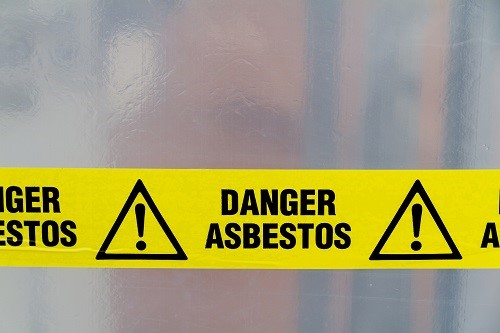Opinion
A new legal duty for large employers to support mental health at work would help people to thrive
From a human perspective, it has always made sense for employers to create mentally healthy workplaces. It also makes sense from an economic perspective for employers to invest in the mental health of their workforce, perhaps now more than ever. Research from Deloitte shows that the cost to employers of poor mental health has increased from £45 billion in 2019 to up to £56 billion in 2020-21. In addition, 40 per cent of all turnover costs are attributable to mental health issues.

Stress is a risk factor for poor mental health, and this includes self-reported work-related stress. Recent Labour Force Survey figures cited by the Health and Safety Executive (HSE) found 914,000 cases of work-related stress, depression or anxiety in 2021/22 (a prevalence rate of 2,750 cases per 100,000 workers). Of these, 372,000 were new cases (1,120 per 100,000 workers). The 2021/22 rate is higher than the 2018/19 pre-coronavirus levels, although the report notes that the rate of self-reported work-related stress, depression or anxiety had shown signs of increasing prior to the coronavirus pandemic.
It is important to work preventively, to identify and address the causes of work-related stress as part of creating a mentally healthy workplace.
However, while many businesses want to support employee mental health, they struggle to do so effectively. It is important for government and the Health and Safety Executive to ensure that employers treat physical and psychological hazards in the workplace equally and help employers to recognise and address psychological hazards in the workplace under existing legislation.
The Mental Health Foundation would also like governments across the UK to introduce a minimum of two mental health days for every public sector worker.
The Foundation is also supportive of calls for the UK government to more actively help businesses with more than 250 employees reduce instances of work-related poor mental health and create working environments where people can thrive. A simple and clear legislative framework has been proposed to promote meaningful employer engagement, transparency and education in workplaces, which asks companies to annually:
- Assess, Prevent, Manage, Action: through a workforce mental health risk assessment and management strategy underpinned by annual surveys, with results shared back to employees – with actions made clear
- Educate: by providing mental health awareness and training for entire workforce
- Support: offering appropriate mental health support to employees and contractors.
The above would form an annual CEO commitment stating the company’s leadership commitment, driven by a member of senior management as sponsor and supported by a wider team, who are accountable for these efforts.
Lucy Thorpe is head of policy at the Mental Health Foundation.
For more information, see:
https://www.mentalhealth.org.uk/
https://mentalhealthatwork.com/

References
Mental health and employers: the case for investment - pandemic and beyond | Deloitte UK: https://www.bit.ly/3VA4ptK
HSE (2022) Work-related stress, anxiety or depression statistics in Great Britain, 2022: https://www.hse.gov.uk/statistics/
More information about stress as a risk factor for poor mental health is available in the Mental Health Foundation’s Mental Health Awareness Week 2018 report Stress: Are we coping? https://www.mentalhealth.org.uk/explore-mental-health/publications/stress-are-we-coping-report
OPINION

Asbestos in schools: we urgently need a properly funded removal programme to reduce the risk to pupils and staff
By Sarah Lyons, National Education Union (NEU) on 03 September 2025
The National Education Union (NEU) was formed in 2017 from an amalgamation of the National Union of Teachers (NUT) and the Association of Teachers and Lecturers (ATL). In total we have around half a million members, who work as teachers, support staff and leaders.

Why a fourth wave of British asbestos deaths is imminent
By Charles Pickles, Airtight on Asbestos on 02 September 2025
Although in past years asbestos-related mesothelioma deaths have been associated with exposures among construction and related trades working on the fabric of buildings, emerging evidence suggests that future cases of mesothelioma will be dominated by those exposed as children and teachers in schools in recent years, today and in the future.

Asbestos: the public’s right to know
By Richard Blunt, Mesothelioma UK on 02 September 2025
Why we urgently need to improve training standards and awareness about asbestos exposure.



